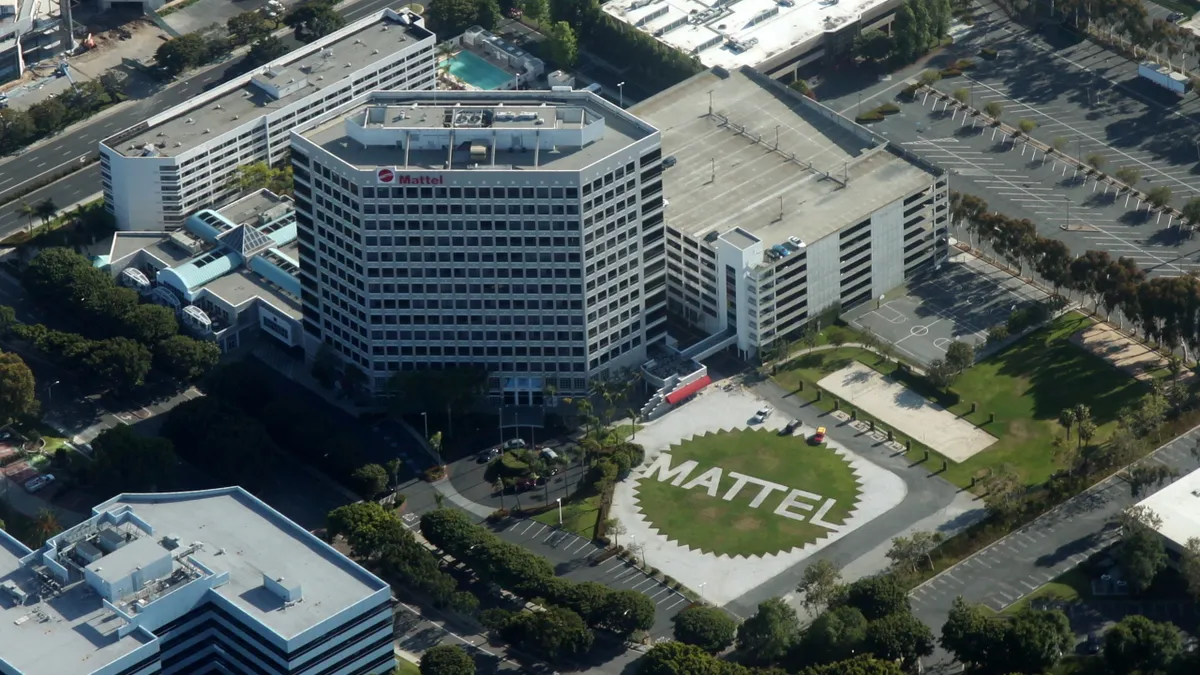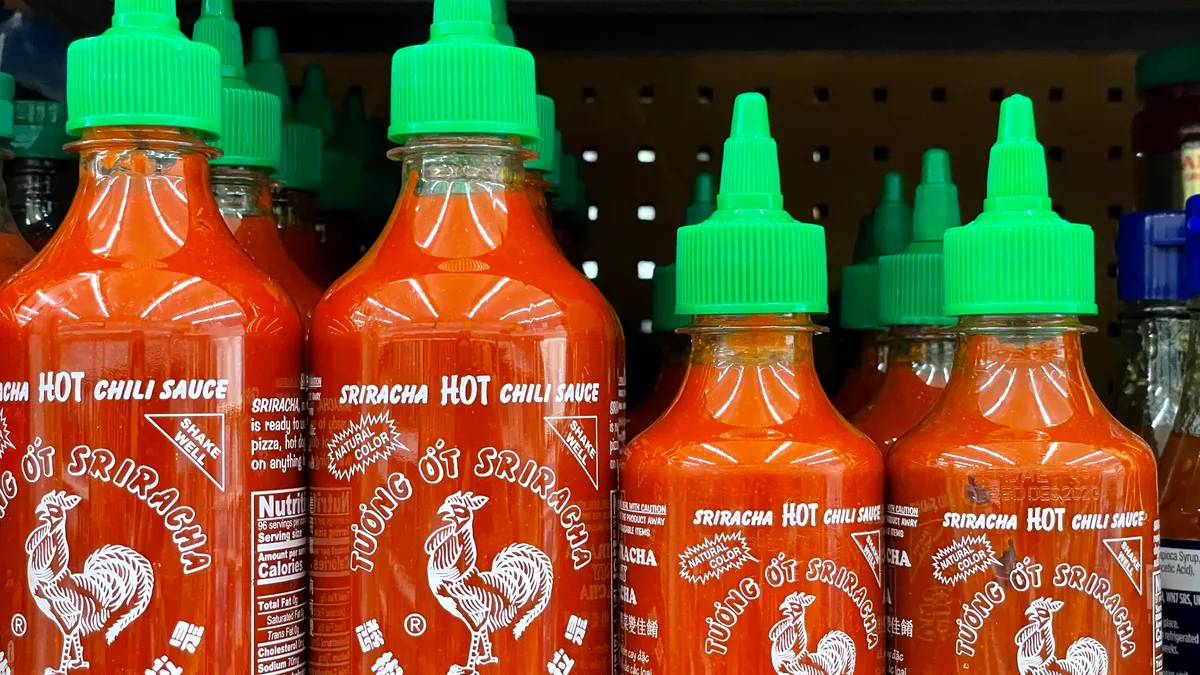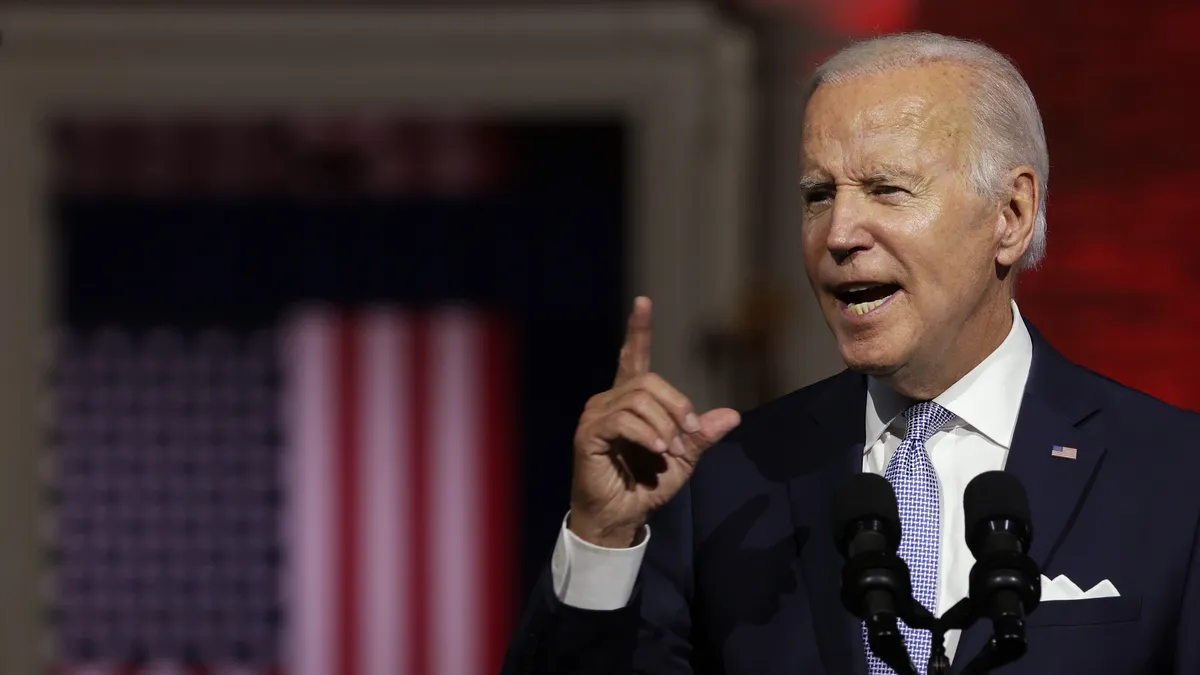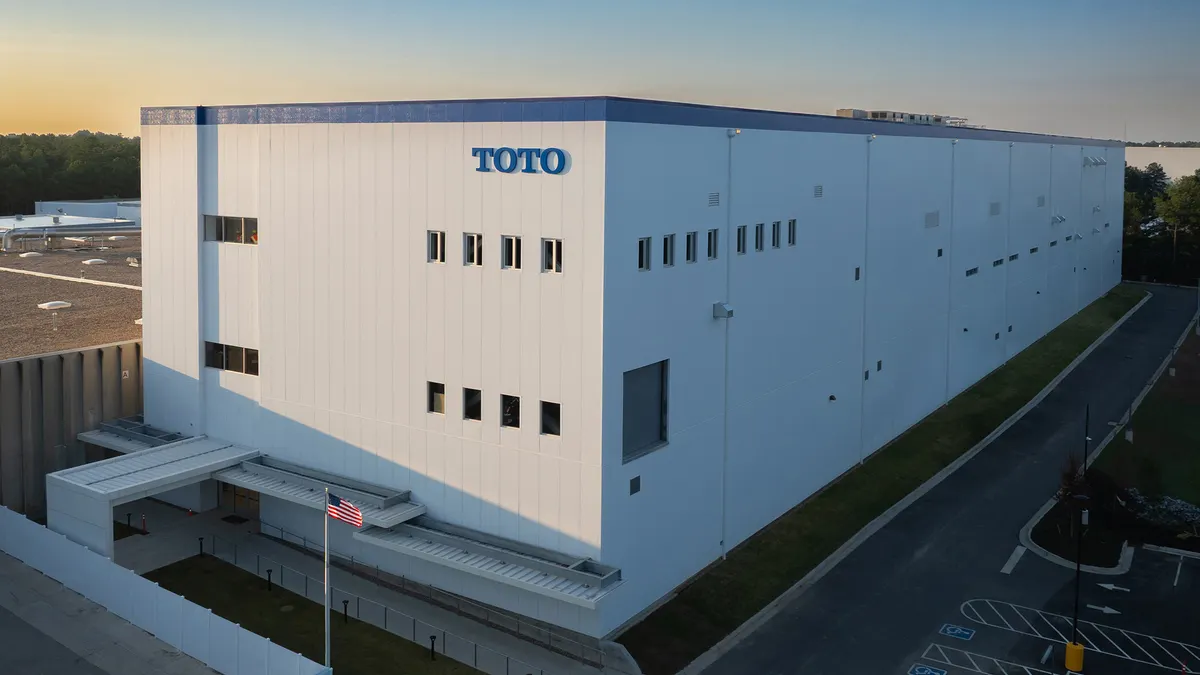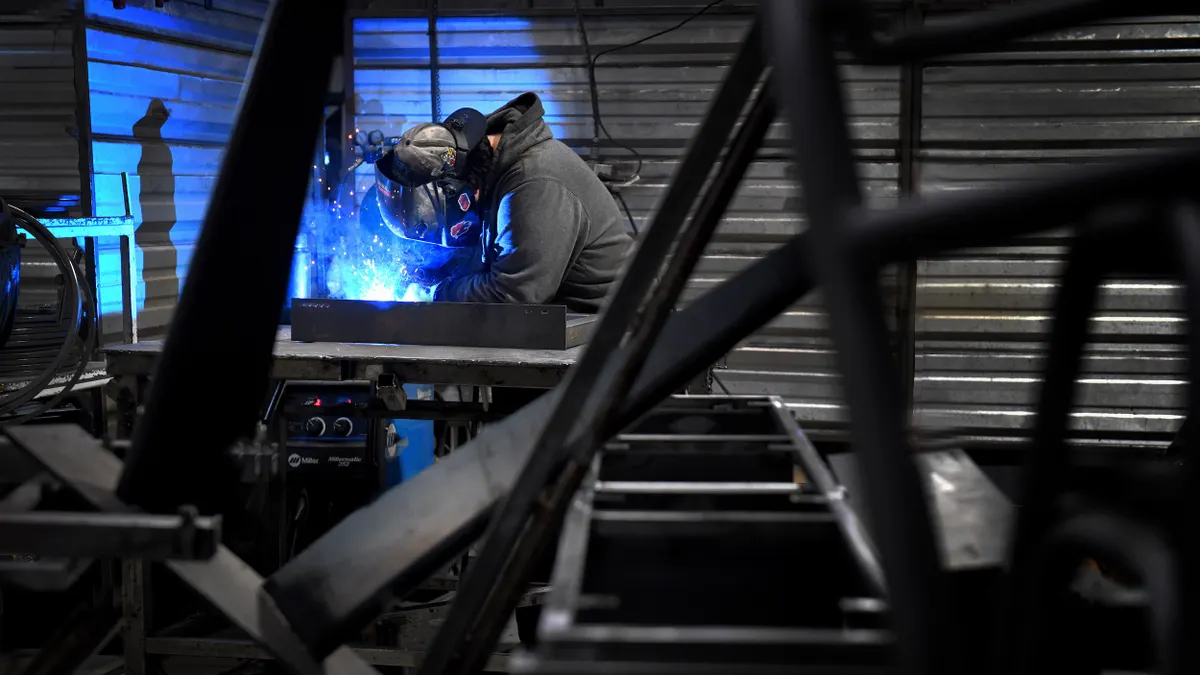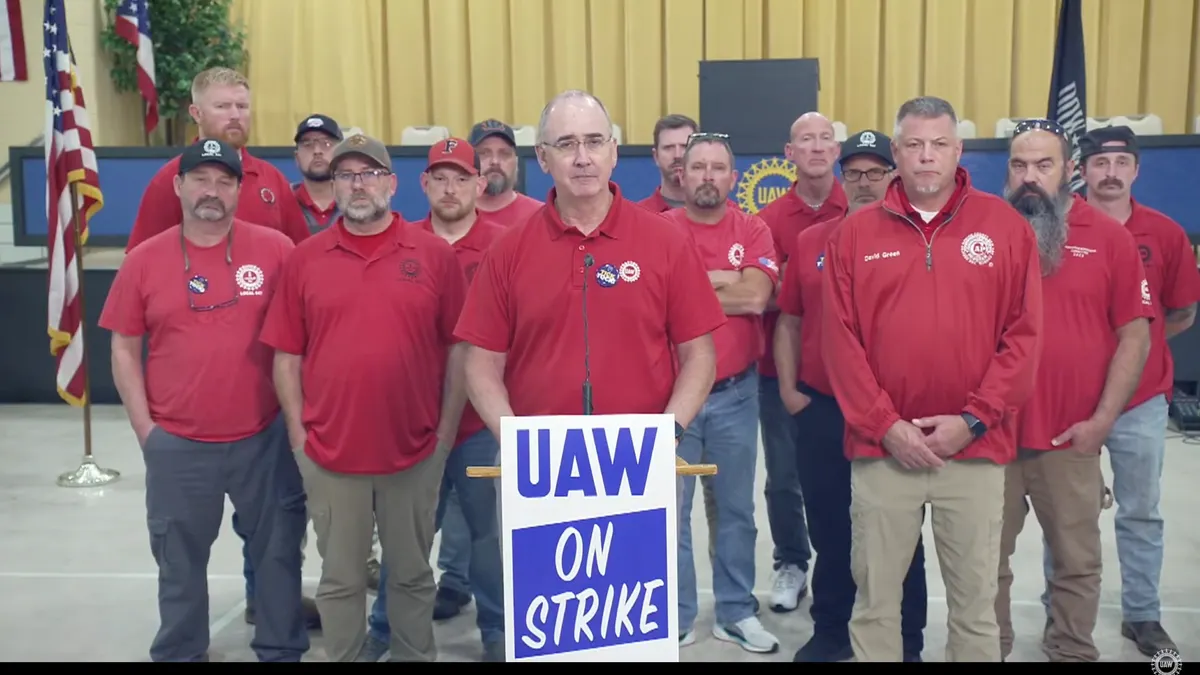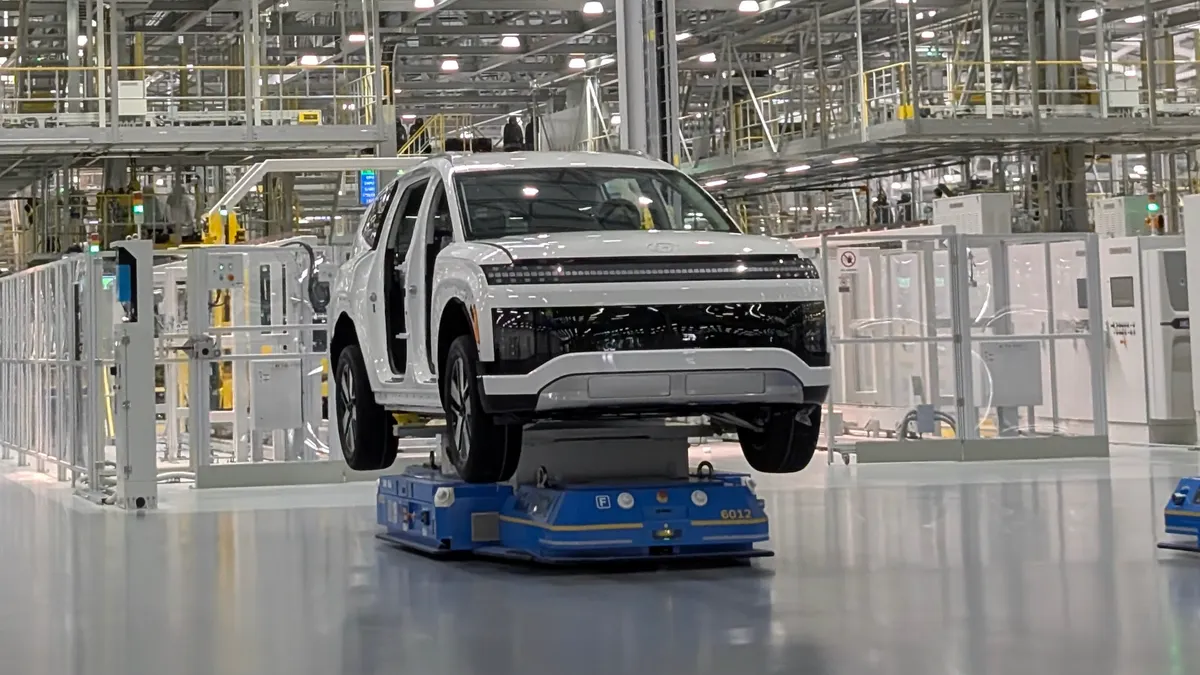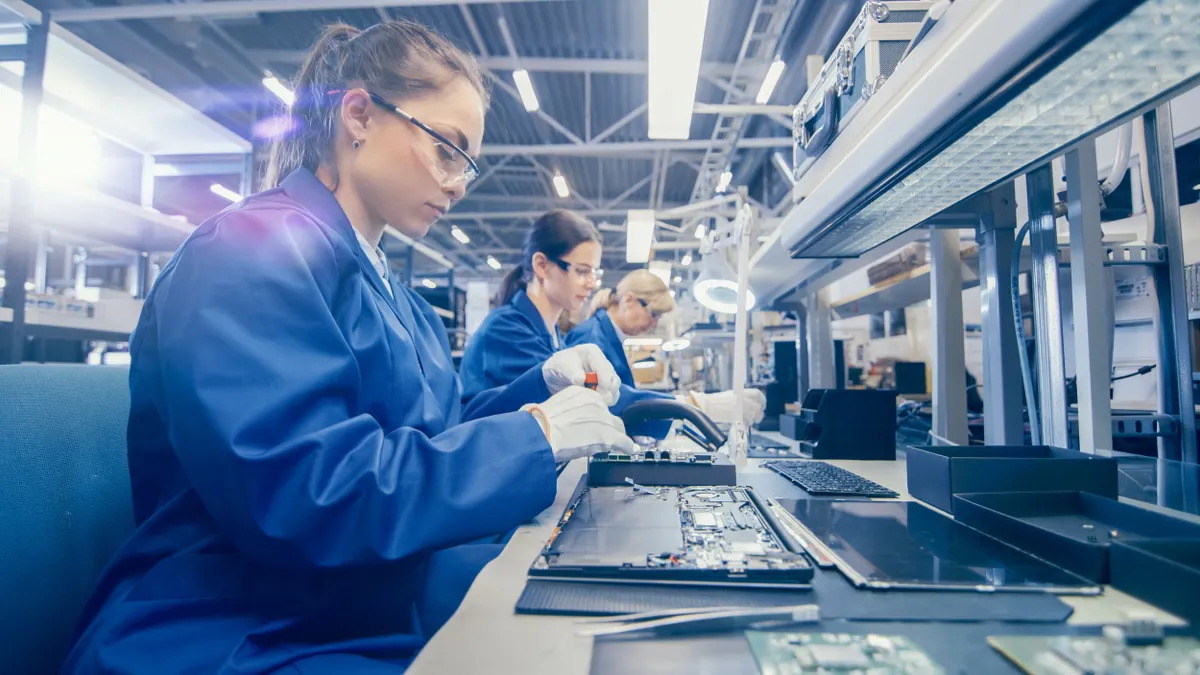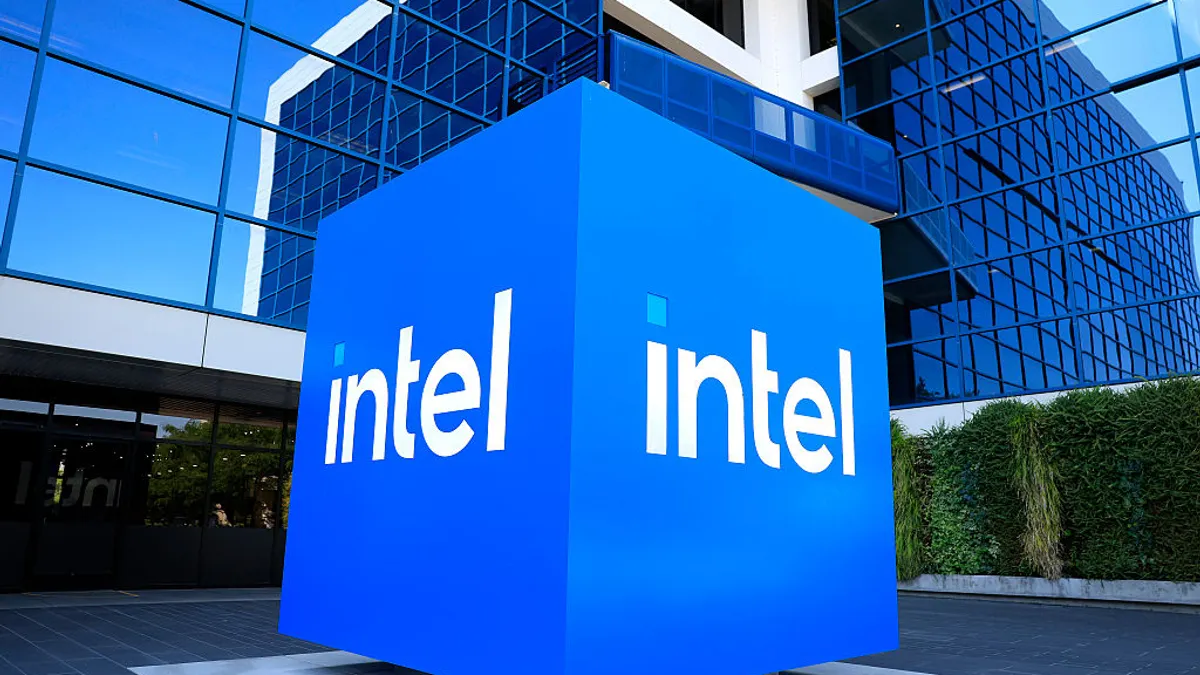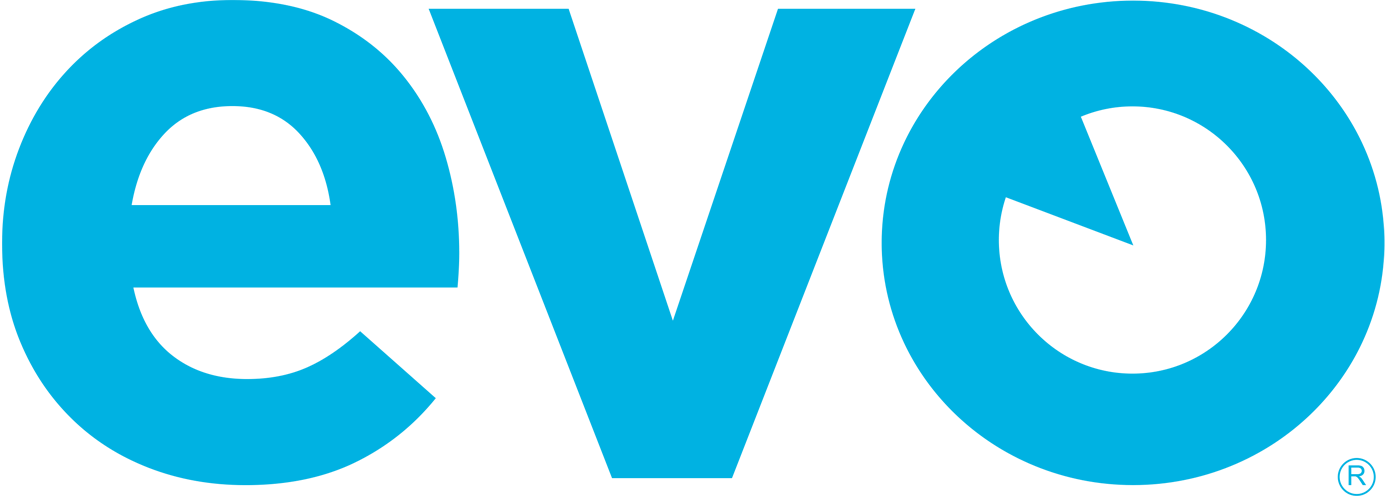Times are not that fun for U.S.-based toy companies. Second quarter sales and profits were down compared to last year as tariffs weighed on operational costs and resulted in delayed orders from retailers. While toy makers are optimistic about a rebound ahead of the holiday season, trade uncertainty is ongoing and complicating commerce.
Here are some of the key takeaways from Mattel, Hasbro and Jakks Pacific’s Q2 earnings.
Retailers delay purchases due to tariff uncertainty
Despite the summer slowdown, toy executives are anticipating a rebound in the coming months as customers prepare their inventories for the holiday season.
“I mean, Christmas is going to come, parents are going to buy toys, we know that [retailers] will be pulling the inventory,” Hasbro CFO Gina Goetter said on a July 23 earnings call. “It's just going to be later and in line with their shelf resets, which again, many of them push their shelf resets out of kind of Q2 into later within Q3.”
Hasbro’s Q2 revenue slid nearly 2% to $981 million compared to last year, buoyed by 23% revenue growth from its Magic: The Gathering segment as other parts of the company saw weaker results. The company reported a net loss of $856 million, citing a $1 billion goodwill impairment charge related to tariffs.
Meanwhile, Mattel reported quarterly net sales of $1 billion, down 6% over the same period last year. This was driven mostly by a 16% decline in North America as retailers pulled back on orders and tariffs ate into costs. The company posted net income of $53.4 million, down 6% year over year.
“Despite ongoing trade uncertainty in the U.S., Mattel's [point of sale] was up in all regions in the second quarter and first half of the year,” Mattel CEO Ynon Kreiz said on a July 23 earnings call.
Toy companies are passing through increased costs
As tariffs impact operations, the companies are implementing ways to mitigate and cut costs, including raising toy prices where possible.
CFO Paul Ruh said Mattel’s goal is to maintain affordability and keep nearly half of its products priced under $20. The company is anticipating a roughly $100 million tariff hit for the year based on global trade policies as of July 23.
To offset these costs, Ruh said Mattel is not only raising prices, but diversifying its supply chain and optimizing its product and sourcing mix. Mattel’s manufacturing facilities are primarily in China, Indonesia, Malaysia, Mexico and Thailand, according to its 2024 annual report.
“We feel very good about what the pricing actions are to precisely withstand some of the headwinds that we're seeing from a tariff perspective this year,” Ruh said.
Elsewhere, Hasbro is moving forward with plans to reduce its exposure to China. About 50% of its game and toy volume originates from the country, Goetter said, and Hasbro wants to bring that number down to less than 40% by 2027.
In addition to pricing and sourcing strategies, the company is also tailoring its stocking to consumer preferences and collaborating with retailers to manage risk and preserve profitability, Goetter said.
“We've activated a comprehensive mitigation playbook,” she said.
Jakks Pacific and Hasbro look to onshore production
As tariffs disrupt manufacturing, Jakks Pacific and Hasbro are also strongly considering ways to bring more production to the U.S. The downside is that it will likely cost them more.
CEO Stephen Berman said Jakks Pacific recognizes the “strategic value and realistic limitations” of U.S.-based production as it looks to remain agile and resilient in the face of evolving global trade dynamics.
“Based on what we know today, all of these solutions ultimately result in a higher cost of doing business due to the loss of scale, logistical efficiency and manufacturing proficiency,” Berman said about onshoring production.
“That higher cost is creating hesitancy with many U.S. customers that we see persisting until everyone is aligned as to what the new cost of doing business will be,” he added.
Most of Jakks Pacific’s products come from China, according to the company’s 2024 annual report. The company’s Q2 sales totaled $119 million, down 20% over last year. This was driven mostly by a 31% decline in U.S. sales as tariff uncertainty continues. Jakks Pacific reported a net loss of $2.3 million.
Hasbro is also looking to onshore sourcing and production where feasible. Goetter said the company will continue to source from Cartamundi in East Longmeadow, Massachusetts, which manufactures most of Hasbro’s U.S. games.
“These steps are strengthening our long-term supply chain resilience, while protecting margin performance,” Goetter said.



